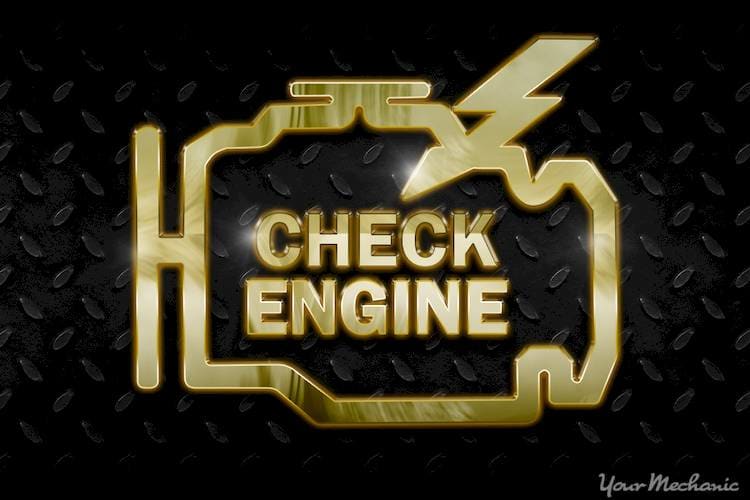P3492 code definition
P3492 is the fault code for what’s known as Cyl12 Deactivation/Intake Valve Ctrl Circ High. Cyl12 specifies that the issue is likely taking place in engine cylinder number 12. In some Dodge vehicles, this code indicates a problem with Cylinder 11.
What the P3492 code means
During the early 2000s, automakers began instituting a technology that allows some engine cylinders to deactivate under light operating conditions in order to improve fuel economy, make the engine run smoother with less throttling, and decrease emissions. This is accomplished by the PCM detecting the driving conditions and disabling the fuel injectors to half of the cylinders.
P3492 is typically found in diesel vehicles with larger engines, and indicates that engine cylinder 12’s deactivation process is malfunctioning in some way, causing the circuit values to send a signal outside of the normal range.
What causes the P3492 code?
This code may have a variety of possible causes, including one or more of the following:
- A bad sensor, such as the manifold absolute pressure sensor (MAP) or mass airflow (MAF) sensor
- Faulty valve lifters (also known as tappets)
- Compromised oil pressure
- A loose or faulty cylinder deactivation solenoid connection
- Damage or a short in the solenoid wiring or harness
- Fuel pressure problems
- Mechanical problems in the engine
- A faulty PCM (Powertrain Control Module), very rarely
What are the symptoms of the P3492 code?
The vehicle’s Check Engine light may illuminate, and fuel economy may be affected over time. In addition, the vehicle will likely only run in the higher modes, such as V12 rather than V6, and there could be an increase in emissions being released.
How does a mechanic diagnose the P3492 code?
Diagnostics typically begin with reading the vehicle’s stored codes using a scanner. These codes should then be cleared, and the vehicle retested to see which, if any, codes reappear. Once it’s determined that the code is consistently present, your technician will test the oil pressure and levels. If these are normal, the deactivation solenoid may be tested with a scan tool which is used to manually activate and deactivate the component.
If the solenoid doesn’t work properly, oil passages may need to be cleared of sludge and buildup. However, if there are no issues with the deactivation solenoid’s function, and the oil passages are cleared, your technician may need to assess the valve lifters and wiring and other involved components to locate the source of the fault.
Common mistakes when diagnosing the P3492 code
Oil blockages are easy to overlook when trying to determine the cause of a faulty cylinder deactivation solenoid circuit. In addition, MAF sensors are a common source of issues in diesel engines and may trigger this code along with other problems.
How serious is the P3492 code?
While the vehicle will still run while throwing this code, it is still a fairly serious issue and should be addressed by a professional as quickly as possible. Fuel efficiency and emissions will be affected and the failure to be able to run in lower modes could have a negative effect on the engine over time.
What repairs can fix the P3492 code?
Repairing a cylinder 12 deactivation solenoid circuit problem may involve one of the following:
If there is excessive dirt or sludge in the oil passages, the entire engine may need to be disassembled and thoroughly cleaned. This is a major task, and one that is done most efficiently and effectively by a professional.
Keep in mind that even accessing the codes from a diesel engine can be a challenge – while a run-of-the-mill OBD-II scanner may be used in some vehicles, others may require a much more expensive version, along with costly computer software for reading the data.
Need help with a P3492 code?
YourMechanic offers certified mobile mechanics who will come to your home or office to diagnose and repair your vehicle. Get a quote and book an appointment online or speak to a service advisor at 1-800-701-6230.
Check Engine Light
trouble codes
P3492





